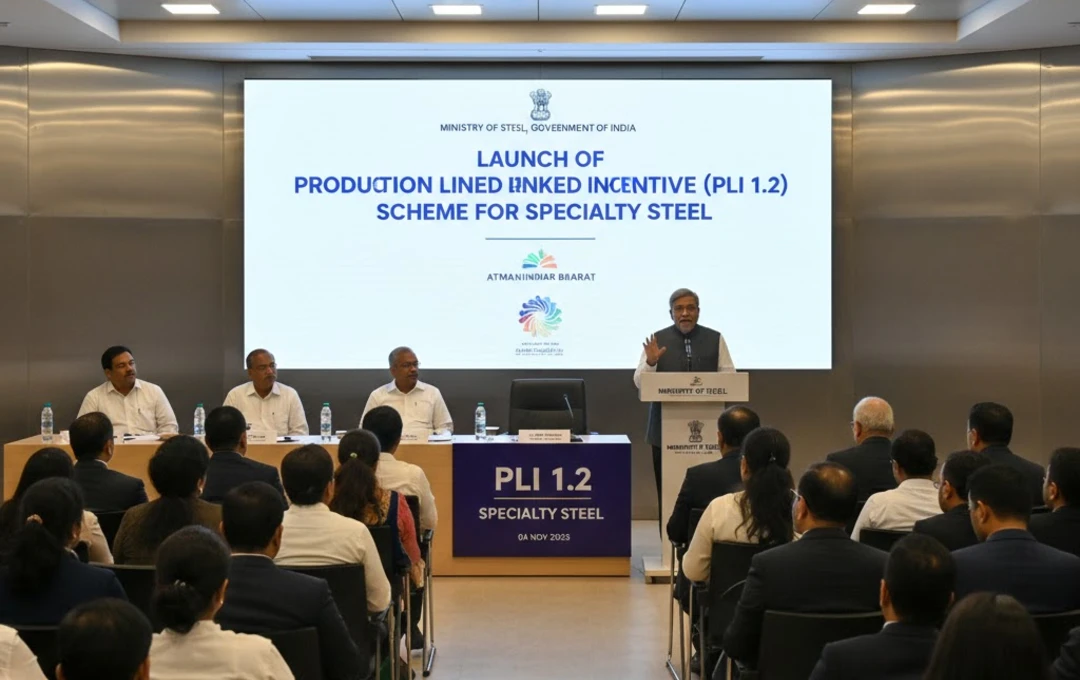Government Extends NPS Tax Benefits to Unified Pension Scheme (UPS)
The Government of India has extended NPS tax benefits to the new Unified Pension Scheme (UPS), offering Central Government employees a tax-efficient retirement option. Learn more about UPS eligibility, tax deductions, and regulatory updates.

In a significant move aimed at enhancing retirement benefits for Central Government employees, the Government of India has announced that tax benefits currently available under the National Pension System (NPS) will be extended mutatis mutandis to the newly introduced Unified Pension Scheme (UPS). This development ensures that employees who opt for UPS will enjoy the same tax reliefs and incentives as those under the NPS, further strengthening the Government's pension reform agenda.
Background: What is the Unified Pension Scheme?
The Department of Financial Services, under the Ministry of Finance, introduced the Unified Pension Scheme (UPS) via Notification No. FS-1/3/2023-PR dated January 24, 2025. The scheme became operational from April 1, 2025, and offers a one-time option for Central Government civil service recruits already under the NPS to opt into the UPS.
This initiative aims to provide a more flexible and unified pension framework while maintaining the foundational principles of transparency and long-term retirement security.
To implement the UPS framework, the Pension Fund Regulatory and Development Authority (PFRDA) issued the PFRDA (Operationalisation of the Unified Pension Scheme under NPS) Regulations, 2025 on March 19, 2025. These regulations lay the groundwork for administering UPS under the larger NPS infrastructure.
Tax Benefits: Ensuring Parity with NPS
By allowing the tax benefits of NPS to apply mutatis mutandis to UPS, the Government has ensured that there is no disadvantage for employees who choose to transition to the new system. This includes:
-
Deduction under Section 80CCD(1): Employee contributions up to 10% of salary (basic + DA), subject to the overall limit of ₹1.5 lakh under Section 80C.
-
Additional Deduction under Section 80CCD(1B): An exclusive deduction of up to ₹50,000 on employee contributions to NPS/UPS.
-
Employer Contributions under Section 80CCD(2): Contributions by the employer (up to 14% of salary for Central Government employees) are tax-deductible without limit under Section 80C.
These provisions aim to provide substantial tax relief while encouraging voluntary long-term savings for retirement.
Strengthening Retirement Security
The inclusion of UPS within the NPS tax framework is a strategic move that aligns with the Government's broader pension reforms. It demonstrates a commitment to offering Central Government employees more choice, while preserving the fiscal and structural integrity of India's pension systems.
By providing a seamless transition pathway and ensuring tax parity, the Government reinforces its objective of fostering a retirement ecosystem that is sustainable, equitable, and tax-efficient.
Conclusion
The extension of NPS tax benefits to UPS represents a thoughtful and strategic reform to India's retirement framework. It acknowledges the evolving needs of public sector employees while delivering on the Government's promise of transparent and progressive pension management. With this, Central Government employees are now better positioned to make informed choices for their financial future with the assurance of robust tax and retirement benefits.




